Should You Adjust Your Running as You Age?
Last Updated:Running offers fantastic benefits for overall health at any age. It’s wonderful for cardiovascular health and lowering blood pressure, and it’s incredibly effective for maintaining strength and fitness as you get older, too. However, it’s also a high impact sport that can be tough on your bones, joints, and muscles. If you’re a runner over 40, you should adjust your running as you age to prevent injury and accommodate your body’s changing needs. Check out my advice for older runners on how to stay active and injury-free.
How to Adjust Older Runners Training as You Age
Whether you are brand new to running, or you’re a veteran who’s been running since high school, these adjustments will allow you to enjoy running into your 50s, 60s, and beyond. Here are some running advice for older runners and older runners training:#1 Men vs Women- Gender Does Make a Difference in running for older adults
Whether you’re a man or a woman, your athletic performance begins to decline before you reach your 40s. In fact, studies show that marathon times for men begin to slow down by about two minutes per year beginning at the age of 35. The slowdown is a bit faster for women- about two and a half minutes per year after 35. While remaining active is crucial for both genders, your nutritional requirements also change according to age and gender. Men over 50 are likely to experience a loss of muscle strength and tone as well as decreased energy. The best multivitamins specific to men over 50 should include essential minerals like calcium, vitamins, and omega-3s in optimal amounts to counteract these effects and boost your performance. Decreased bone density and muscle mass are common issues for women over 50, mainly due to decreased estrogen and progesterone levels. Female runners should increase their intake of calcium, protein, and vitamin D to counteract these effects and prevent injury as they get older. Dehydration is also a common issue for female athletes and the effects can be profound as you get older, so be sure to increase your fluid intake, as well.#2 Respect Your Limits
No one likes to admit it, but aging does have an inevitable effect on our bodies. Most people see their fitness levels peak in their 20s and 30s. Even the most dedicated of athletes will begin to notice a decline in their performance sometime in their 40s. But, if you don’t remain active, the effects of aging are more pronounced. So, does that mean you should work out harder to slow down the effects of aging? Not quite. The answer is to train right, respect your limits, and run smarter… not harder. Increase the time and intensity of your workouts over time. By going slow and building your fitness gradually, you’ll be increasing your strength and fitness level while reducing your risk of getting hurt.#3 Stop Comparing Your Older Self to Your Younger Self
If you’ve been running since you were young, don’t try to compare your older self to your younger self. When setting goals, compare your times to other runners of the same age instead. Even if you can’t beat your own PRs from your 20s, you can still compete with others in your age group for motivation and a sense of accomplishment.#4 Change Your Focus
While some runners will continue to do long-distance training as they age, most runners in their 50s and over will enjoy running more if they change their focus to something more moderate. Of course, every runner is different. Some might find they are happiest and healthiest if they run just one or two days a week, while others might stick to a four day a week training schedule. The key is to find what works for your changing needs. You can still do speed work and distance running but adjust your goals according to how your body recovers. Go longer between races to allow for increased recovery times. Consistency is the key to success, no matter what your age, so set a schedule that works for you.#5 Prioritize Balance and Flexibility
You’ve probably noticed that your flexibility and balance aren’t what they used to be. But you need good balance and flexibility especially while running as you get older. Thankfully there are some things you can incorporate into your fitness routine to improve your balance and flexibility.- Before you run, do some dynamic stretches to release muscle tension and encourage blood flow.
- Stretch again after you run to maintain and improve elasticity in your tendons and muscles.
- Practice yoga daily to improve flexibility, strengthen your core, and improve balance. Here are my tips for yoga for runners.
#6 Strength Training is a Must for older runners
Muscle mass also decreases naturally with age. Thankfully, you can maintain and even regain muscle mass with strength training for runners. Increasing your strength will make you a better runner and prevent injury, too. In fact, core strength is crucial for every area of life, not just running, so it should be a priority for everyone. If you’re not used to working out with weights, have a personal trainer teach you proper form and help you create a plan to increase your strength gradually. Heavier weights will help you gain muscle, but don’t overdo it or increase weight too fast. Strength training is crucial during an older runners' training program.#7 Pay Attention to the Signals Your Body is Sending You
If you are running as a senior, you must pay attention to the signals our body is sending you. Those little twinges of pain can turn into serious injuries if they’re ignored, so don’t just chalk them up to getting older. If you’re always sore after your run, it probably means you need to reduce the length and intensity of your workouts. Poor performance could mean you’re not allowing enough recovery time. Frequent injury is a sign that you need to spend more time on warm-up and build strength in your glutes, hips, and core.Best running shoes for older runners
Fresh air and exercise are good for your health at any age, but not if you wind up hurting yourself in the process. The best running shoes for older runners will cushion your steps and protect your joints from unnecessary wear and tear. We recommend a lightweight running shoe for seniors that offers flexibility and cushioning, as well as excellent traction to prevent slipping on rough or wet terrain.FAQ: Running for Seniors
Is running good for over 60s?
Absolutely! Running in your 60s is a great way to keep your heart healthy and your body strong. It also reduces the risk of dementia, cancer, diabetes, and depression. Just be sure to follow the tips outlined above and start out slow to avoid overuse injuries like runner’s knee.Is 50 too old to run a marathon?
You’re never too old to run a marathon! You just have to take the time to prepare properly, and your recovery time might be a little longer than a younger runner. With the right training, including following the tips in this article, you absolutely can tackle your first marathon in your 50s! Just be sure to get your doctor’s approval before you start any training program.What is a good 5k time for a 60-year-old?
Setting your personal goals based on the times of other runners your age is a great way to motivate yourself. The average 5k time for a 60-year-old is about 40 - 45 minutes. Of course, times will vary by fitness level and terrain, but this will give you something to aim for.Is running for seniors more challenging?
There’s no question that the natural aging process takes a toll on our bodies, and that can make running into your senior years a bit more challenging. You are at greater risk of things like runner’s knee, achilles tendon pain, shin splints, and stress fractures in your senior years. But, if your doctor gives you the green light, and you follow the steps outlined above, those risks are significantly minimized. And, remember that you don’t have to commit to running a marathon or even a 5k to enjoy the benefits of running. Running for fun is still one of the best forms of cardiovascular exercise at any age!Final Thoughts on running for older runners
As an older runner, you are wiser than the younger guys. You have more life experience and you know how to get through the hurdles that life throws at you. Your increased mental fortitude can be an incredible asset when you hit that wall during a race. In fact, many champion distance runners are women over 40, so don’t let anyone tell you that you can’t compete and enjoy running into your 50s, 60, and beyond!This is a guest blog post written by Donna Maurer

Why you can trust Sabrina Wieser
Runningbrina is committed to bringing you unbiased ratings and information. Her editorial content is not influenced by advertisers. Sabrina uses data-driven methodologies to evaluate all products, so all brands are measured equally.
- Most featured running blog, past 6 years
- USATF certified running coach
- Experienced endurance athlete
- 7 marathons








